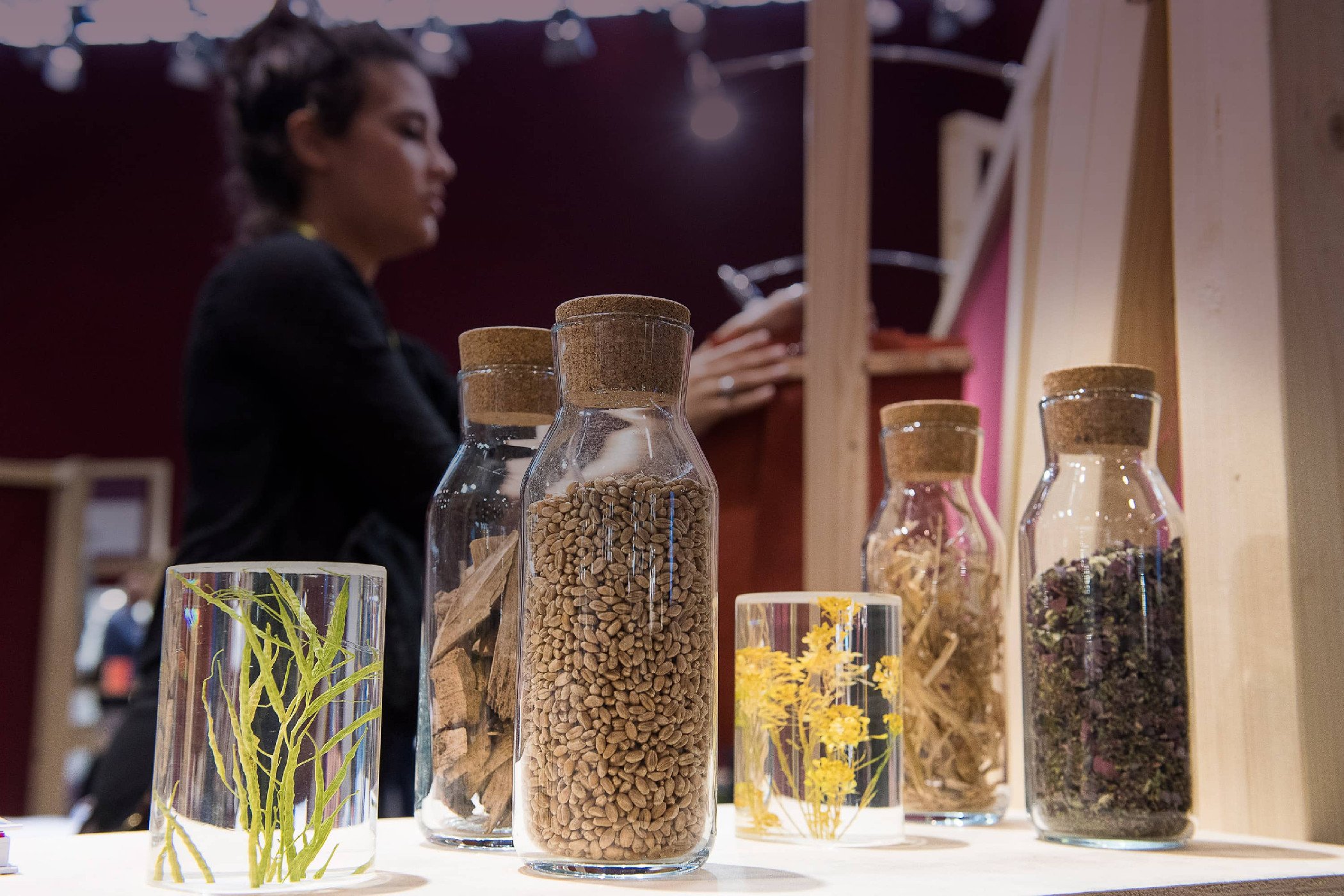
Stahl Explains: The Bio-NIPU project
As part of Stahl’s ambition to transition toward more responsible chemistry based on renewable feedstocks, our Open Innovation Team is participating in an Interregional (Interreg Vlaanderen-Nederland) project known as “BioNIPU”. The project brings together a consortium of research and innovation institutions (Maastricht University, Thomas More, Centexbel) as well as industrial partners (Stahl, LUC Group) from the Belgium/Netherlands border region. The aim of the consortium is to strengthen the position of the region in the development and use of bio-based materials. As its name suggests, the project focuses on the development of innovative, 100% bio-based polyurethanes.
With isocyanates coming under increasing scrutiny due to their hazardous nature and toxicity, the need to remove them from the polyurethane production process is becoming increasingly evident. Unlike traditional polyurethanes, which are produced via the reaction of isocyanates with polyols, Non-Isocyanate PolyUrethanes (NIPUs) remove the need for isocyanates altogether. Additionally, they offer several advantages when compared with regular polyurethanes. For instance, NIPUs can be made with up to 100% renewable raw materials, which is currently unfeasible for conventional polyurethanes due to the scarcity of bio-based isocyanates. This new development could lead to a significant reduction in the total carbon footprint of our polyurethane production. Furthermore, NIPUs potentially possess additional chemical functionalities with the potential to provide new properties and enhanced performance to differentiate and grow Stahl’s future product portfolio.
In close collaboration with its consortium partners, Stahl uses its unique expertise in the polyurethane chemistry to determine the best synthetic approach for obtaining bio-NIPU dispersions. The properties of the resulting bio-NIPUs will then be screened and compared to reference products for relevant applications. To ensure the sustainability of the bio-NIPUs under development, a lifecycle assessment (LCA) will be performed to identify the best candidates for the industrial-scale production of renewable, non-toxic, and high-performance end products.
The consortium was initiated in 2019 and has already resulted in the synthesis of NIPUs with a renewable carbon content of up to 97%. These NIPUs are currently being screened to determine their properties and performance. The most promising will be scaled up to pilot level for further investigation into their value in applications such as coatings, adhesives, and elastomers.
At Stahl, we believe that sharing knowledge and expertise is an essential part of creating a sustainable future powered by responsible chemistry. We are proud to be part of this and other open innovation projects that are leading the way in the development of low-impact, futureproof solutions for our industry.
For more information on the Bio-NIPU project, please visit: https://www.bionipu.eu/
To read more about the development of NIPUs, you can refer to the following scientific review: Recent Advances in Fabrication of Non-Isocyanate Polyurethane-Based Composite Materials